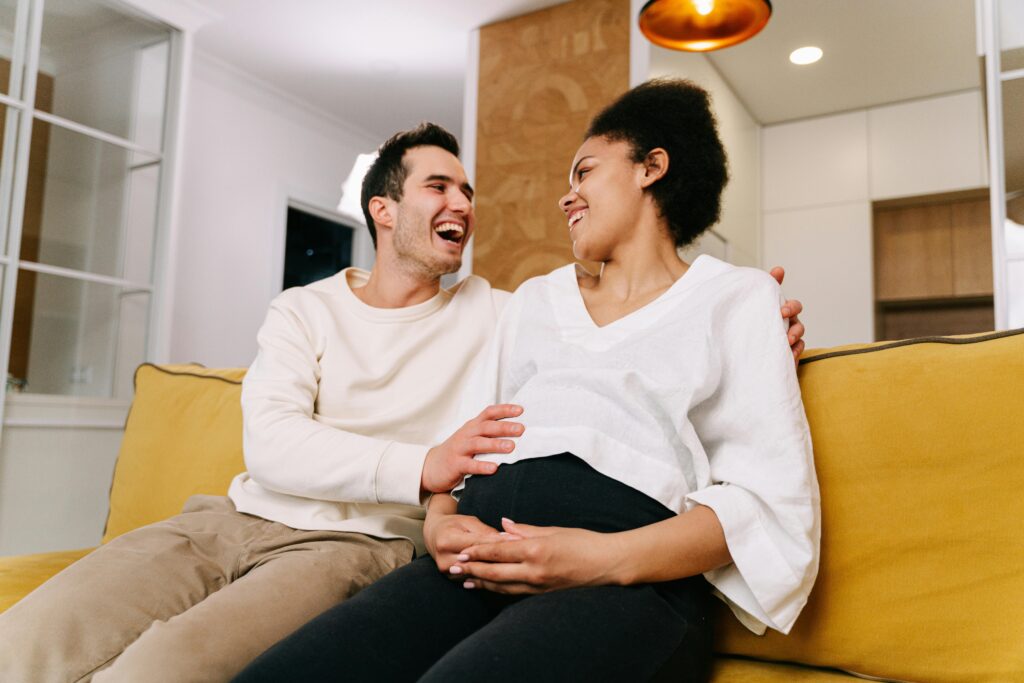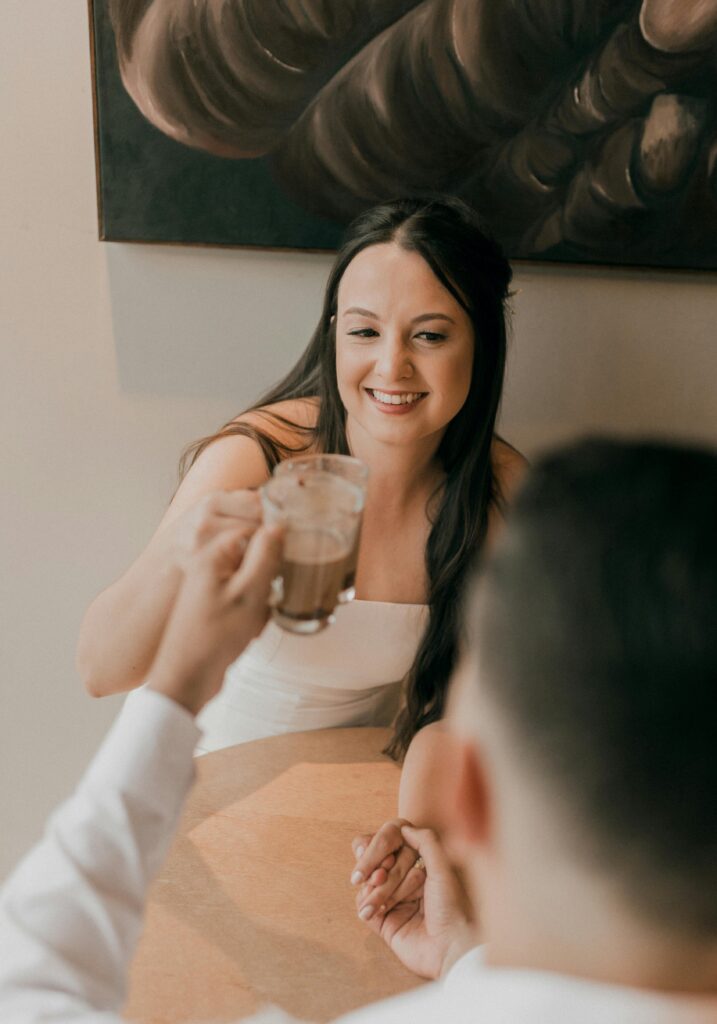Experiencing a breakup in your 30s can feel especially intense. By this stage in life, relationships tend to carry more weight, and heartbreak can leave deeper emotional scars. Learning how to rebuild trust after heartbreak is essential if you want to move forward and create a healthy, lasting connection in the future. Trust is the foundation of any successful relationship. Without it, even the most loving partnerships can struggle to survive.
Heartbreak doesn’t just hurt emotionally; it can shake your confidence, your judgment, and even your sense of self-worth. When you have been hurt in the past, opening up again feels risky. However, avoiding vulnerability only keeps you stuck. Rebuilding trust is a gradual process that begins with understanding your own emotions and taking steps to heal fully.
Why Rebuilding Trust After Heartbreak Matters in Your 30s
In your 30s, you have more life experience and clearer ideas about what you want in a partner. Past heartbreaks can leave emotional baggage that impacts your ability to trust again. Learning how to rebuild trust after heartbreak is crucial because it allows you to enter new relationships with a healthier mindset.
Trust affects how openly you communicate, how willing you are to be vulnerable, and how emotionally connected you feel. Without trust, even promising relationships may feel unstable. By focusing on rebuilding trust, you protect your emotional health and create space for meaningful connections.
Start with Self-Reflection
The first step in rebuilding trust is self-reflection. You cannot fully trust someone else until you trust yourself. Take time to examine your past relationships honestly. Ask yourself what patterns may have contributed to past difficulties. Consider what lessons you have learned and how you can avoid repeating mistakes.
Self-reflection also involves acknowledging your emotions. Accept the pain, sadness, or disappointment you felt without judging yourself. Understanding your own feelings helps you approach new relationships more confidently and thoughtfully. Journaling or talking to a therapist can provide structure for this process. It also encourages self-awareness, which is key to avoiding the pitfalls that can undermine trust.
Allow Time for Emotional Healing
Healing emotionally is essential when learning to rebuild trust. Many people rush into new relationships too quickly, trying to fill the void left by a previous partner. This approach can make it harder to trust again because unresolved feelings remain beneath the surface.
Give yourself permission to feel your emotions fully. Allow yourself to grieve, process your anger, and release resentment. Meditation, mindfulness, or therapy can support this process. Emotional healing also requires forgiveness—both of yourself and your former partner. Holding onto anger or regret keeps trust locked away and prevents you from forming new bonds. Remember, healing is a journey, not a race. The more you honor your emotional recovery, the stronger your foundation for future trust becomes.
Set Healthy Boundaries
Boundaries are a crucial part of learning how to rebuild trust after heartbreak. They create safety and clarity in your interactions with new partners. Communicate openly about your limits, expectations, and what makes you feel secure. At the same time, listen carefully to your partner’s needs.
Healthy boundaries prevent misunderstandings and reduce the chances of repeating past mistakes. They also show that you respect yourself, which naturally encourages respect and trust from others. By establishing clear boundaries, you lay the groundwork for a relationship built on honesty, mutual respect, and trust.
Communicate Openly and Honestly
Open communication is at the heart of trust. Being honest about your thoughts, feelings, and fears strengthens emotional intimacy and prevents misunderstandings. When both partners feel safe expressing themselves, trust grows naturally.
Ask questions, share your experiences, and discuss expectations without judgment. Transparency reassures your partner and reinforces your commitment to the relationship. Effective communication also helps identify potential issues early, allowing both of you to address concerns before they erode trust.
Take Gradual Steps to Rebuild Trust
Trust is not rebuilt overnight. Small, consistent actions help reinforce reliability and safety. Keep promises, honor commitments, and demonstrate empathy in daily interactions. These steps may seem minor, but over time they establish a foundation of dependability and reassurance.
According to Psychology Today – Building Trust in Relationships, consistent behavior and transparency are critical in repairing trust after a previous heartbreak. By showing reliability and patience, you communicate that you can be trusted, and you provide your partner with the confidence to trust you back.
Recognize and Overcome Fear of Being Hurt Again
Fear of getting hurt again is normal, especially in your 30s when emotional stakes are higher. Past heartbreak can make you cautious or hesitant to open your heart. However, letting fear control your actions prevents emotional growth and blocks trust from forming.
Recognize fear as a natural response but don’t let it dictate your relationships. Stay mindful of the present rather than projecting past pain onto new experiences. Gradually embracing vulnerability allows you to connect deeply and rebuild trust in a meaningful way.
Practice Patience and Compassion
Rebuilding trust after heartbreak is a process that takes time. You must be patient with yourself and your partner. Understand that mistakes will happen, and miscommunications are inevitable. Responding with compassion rather than judgment fosters a supportive environment where trust can thrive.
Patience also involves giving your partner space to heal and adapt. Just as you needed time to recover from past heartbreak, they may require time to rebuild confidence in the relationship. Shared patience and compassion create an atmosphere of emotional safety and growth.
Strengthen Trust Through Shared Experiences
Shared experiences help couples connect and rebuild trust organically. Engage in activities that encourage collaboration, teamwork, and mutual enjoyment. These moments create positive memories and reinforce the bond between you and your partner.
Experiencing life together, whether through travel, hobbies, or volunteering, provides tangible proof of reliability and commitment. These actions, combined with consistent communication, reinforce how to rebuild trust after heartbreak in practical, meaningful ways.
For additional guidance on dating in your 30s, read:
Finding Love After 30: Myths vs. Realities




